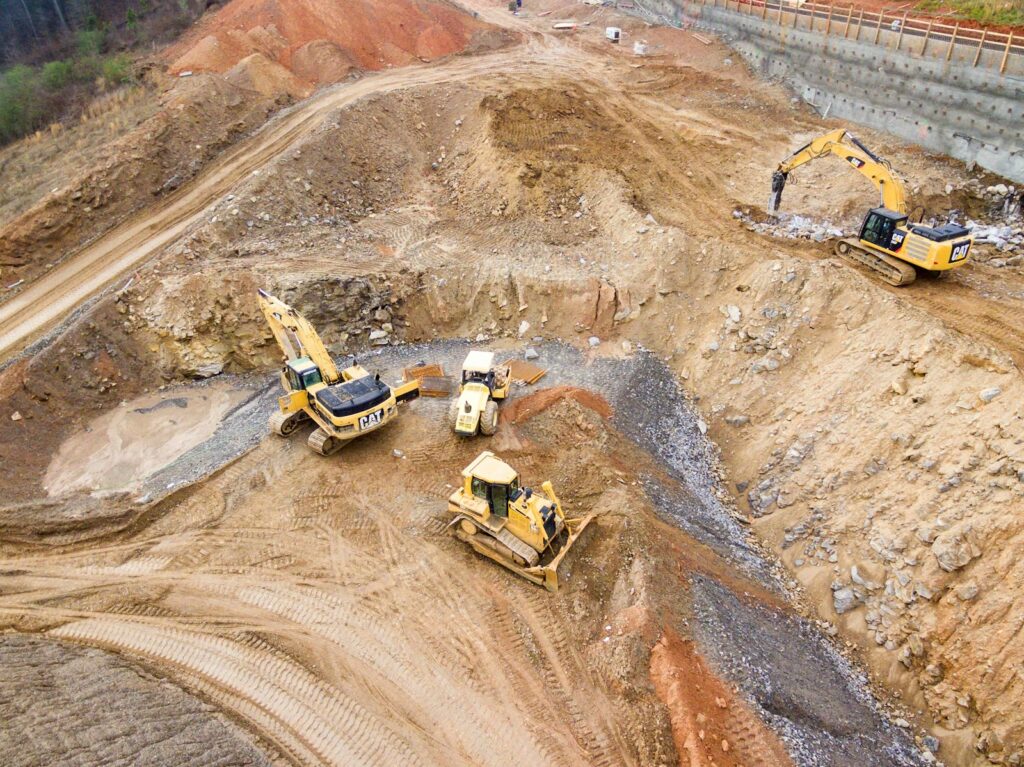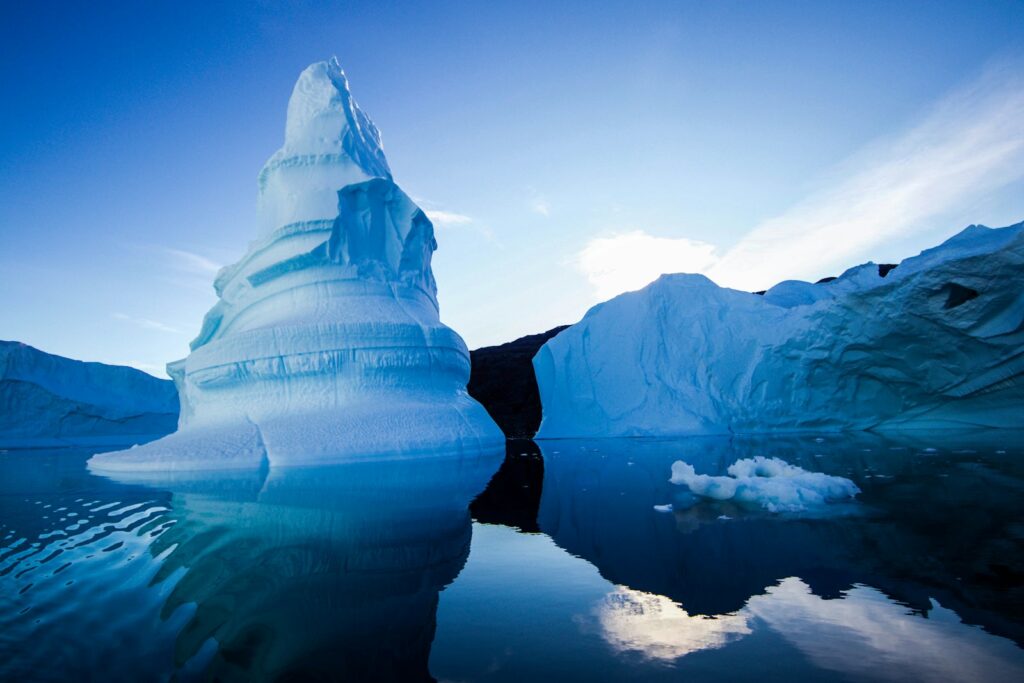A decline in our natural ecosystems will cost the world £8 trillion by 2050, according to a new report published the World Wide Fund (WWF), the Global Trade Analysis Project (GTAP) and the Natural Capital Project.
According to the report, titled Global Futures, rising food prices, droughts, commodity shortages, extreme flooding and coastal erosions will cost economies across the world trillions of pounds in the next few decades.
The researchers used economic and environmental modelling to calculate and compare the costs of natures decline in 140 countries.
They estimated that at the current rate of decline, the cost to the global economy will be at least £378bn a year.
China, the U.S and the U.K are among the top countries who are likely to bear the most cost.
The main economic cost to the UK will be from the loss of natural coastal protection leading to flooding and erosion and a decline in fish stocks that will harm the fishing industry.
Globally, the annual costs due to loss of specific ecosystems have been estimated as:
- £251bn due to coastal protection
- £98bn for carbon storage.
- £14bn for water supply for agriculture
- £12bn for pollination
- £6bn for forestry production
The researchers emphasise that these are conservative estimates as the study does not take into account the risk of reaching environmental tipping points.
Going forward, the authors of the report conclude that governments, businesses and civil society must work together to identify how best to dramatically increase investment to protect the natural world.
Katie White, executive director of advocacy and campaigns at WWF said: ‘We are destroying our planet and our economic future.
‘We need urgent global leadership and immediate action to change the way we use the land, to invest in the restoration of nature, to cut emissions and critically to stop destroying the forest for food production.
‘This needs to be backed in the UK with bold policies to cut our global footprint and future trade deals that clearly reject deforestation and other poor agricultural practices.’
Photo Credit – Pixabay
















